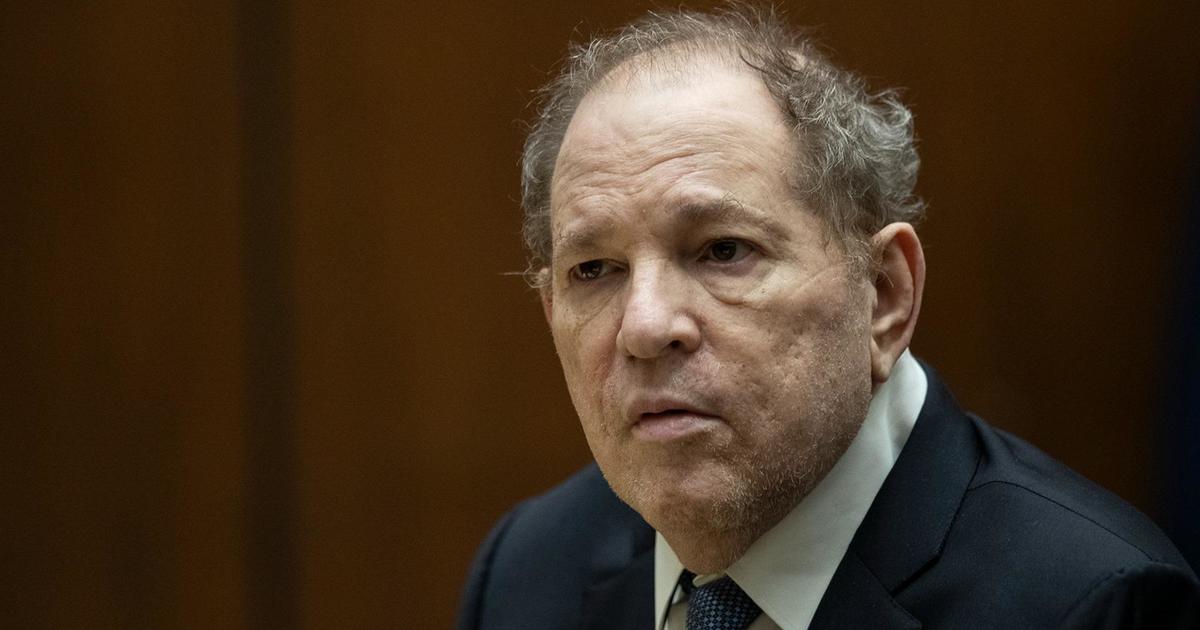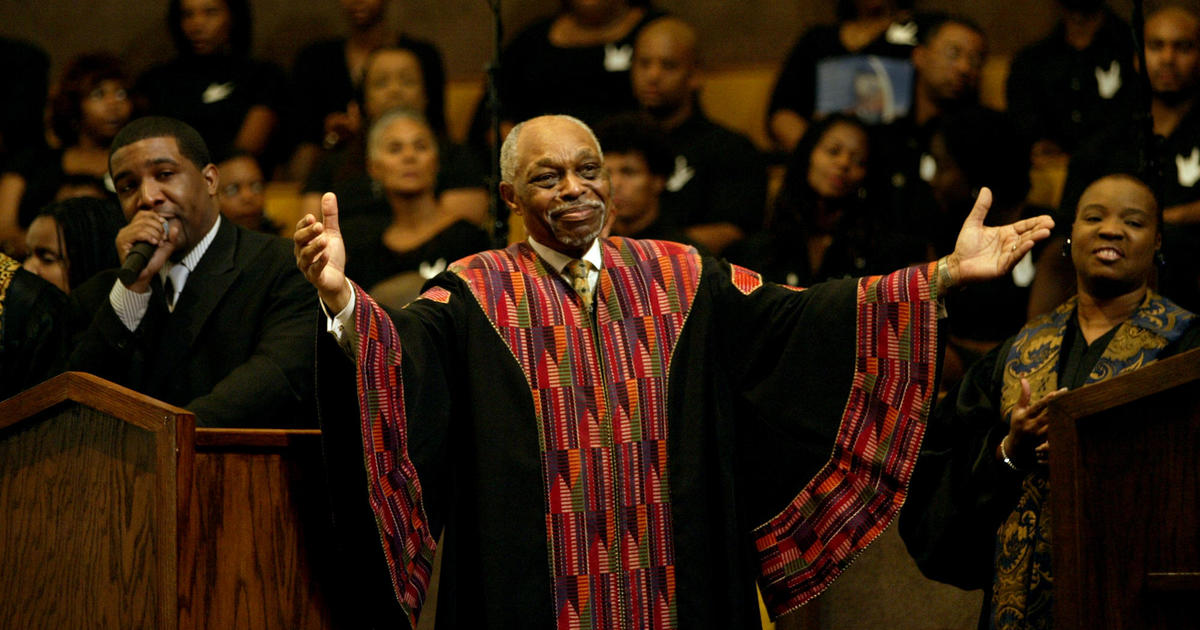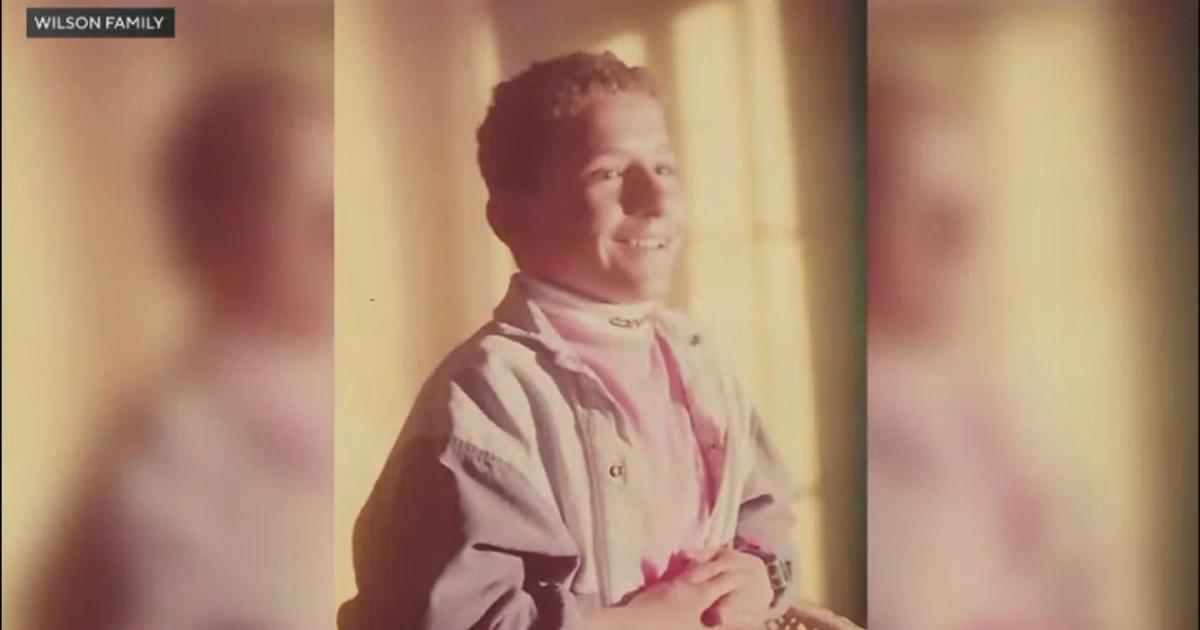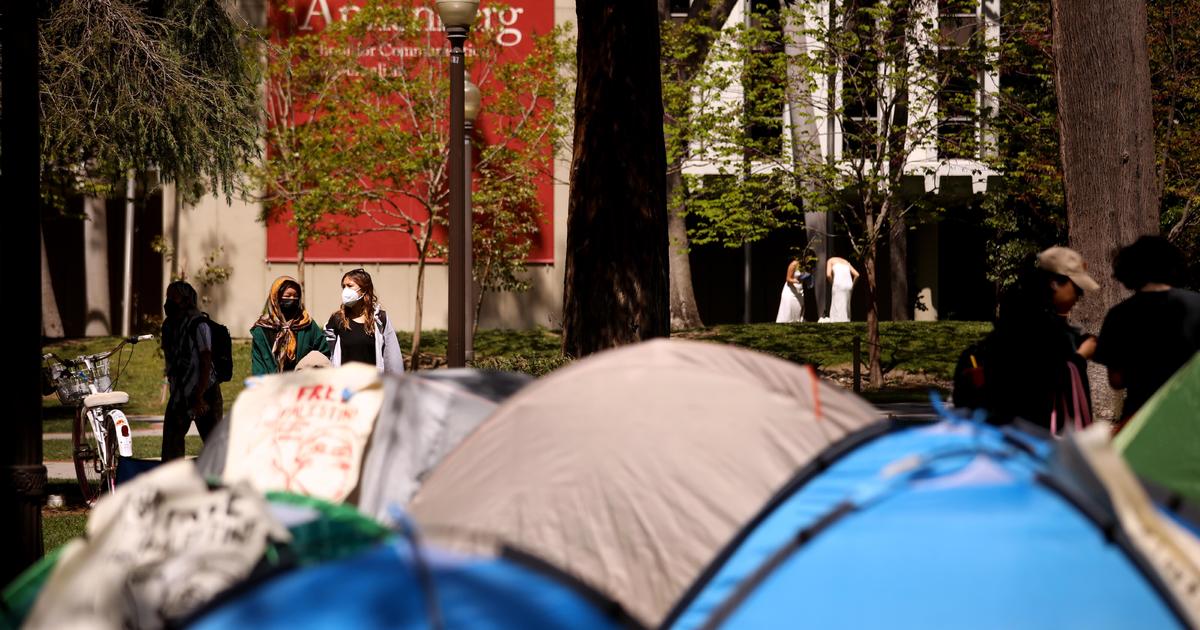California's $6.38 billion mental health bond Proposition 1 too close to call
A statewide ballot measure that would overhaul California's mental health care system, primarily through the issuance of nearly $6.4 billion in bonds, remained too close to call as ballot- counting continued from Tuesday's election.
Proposition 1 is a two-pronged measure backed heavily by Gov. Gavin Newsom and a host of Southland elected officials, including Los Angeles Mayor Karen Bass and county Supervisors Hilda Solis and Janice Hahn. Backers of the measure say it will dramatically increase access to treatment beds and supportive housing, but opponents claim it would slash funding for already successful programs.
As vote-counting continued late Wednesday, the tally was a virtual dead heat, with 50.3% voting in favor and 49.7% opposed. So far, 51% of votes have been counted with the "yes" camp leading by roughly 20,700 votes, out of nearly 3.9 million ballots tallied.
If it gets passed, lawmakers will able to redirect billions of dollars to create drug and mental health treatment beds across the state and bolster response to lessen the homeless issue that many major cities face.
Related: California Primary 2024: Local Super Tuesday results for LA, OC and IE
"The status quo is not acceptable," Newsom said Monday at an event promoting the measure. "People are demanding more of us, better of us."
According to Newsom's office, the proposition, if approved by a majority of the state's voters, would create 11,150 behavioral health treatment beds across the state, along with housing and 26,700 outpatient treatment slots. Roughly $1 billion of the bond measure would be earmarked specifically for veterans.
There is also notable opposition to the bill, with critics claiming that it would take away much-needed money from effective health services that are already working to keep people off the street in California.
"One of the key issues by the way, is that talking about housing and getting people housing, but the bulk of what's going in is going to be to build facilities to warehouse hospital beds. Hospital beds are not homes," said Paul Simmons, Executive Director of the Depression and Bipolar Support Alliance of California.
What happens if Proposition 1 passes?
Since Proposition 1 is a bond measure, there will be no immediate impact on taxes. However, California would have to take on the new debt proposed in the measure — $6.4 billion — and pay it back with interest.
Additionally, counties will now be required to change some of their mental health care and drug or alcohol treatment services, shifting some of the focus to housing and personalized support services.
The money for Proposition 1 would come in two methods, primarily the issuance of $6.38 billion in bonds and also through a re-apportionment of funds generated by the Mental Health Services Act, which was passed by California voters in 2004, and it imposed a 1% income tax on people earning more than $1 million per year. Funds from that measure are largely directed to counties for mental health programs, but Proposition 1 would give the state control over much of the funding.
The Associated Press suggests that annual revenue from the tax runs between $2 billion and $3 billion a year, providing one-third of the state's mental health budget.
Counties would be required to spend around two-thirds of the funds on housing and homeless outreach programs for people with serious mental health illness or substance abuse problems.
The bill will also authorize California to borrow more than $6 billion to build 4,350 housing units. Half of the units would be reserved for veterans and add nearly 7,000 mental health and addiction treatment beds.
What happens if Proposition 1 doesn't pass?
If voters don't pass Proposition 1, the bill will die. This means that counties will not have to change their current mental health care and drug or alcohol treatment services that are currently provided.
Additionally, the state cannot borrow the $6.4 billion proposed by the measure to build mental health care and treatment centers.
Keep up with California's Primary Election



